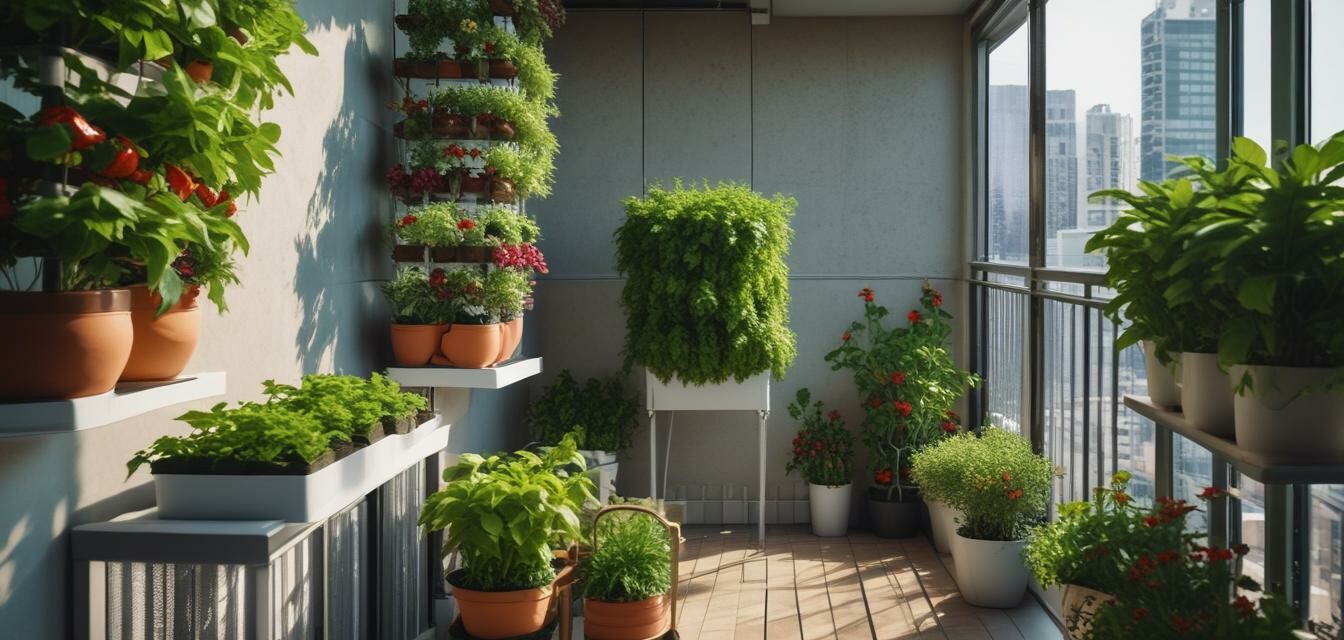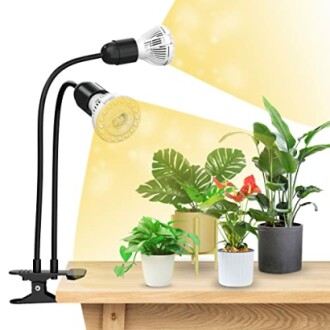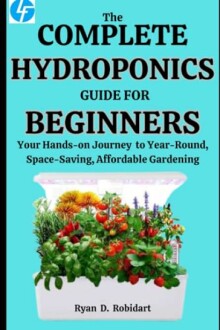
Top 10 Hydroponic Gardening Tips for Beginners
Key Takeaways
- Understand the basics of hydroponics and different systems.
- Start with easy-to-grow plants that adapt well to hydroponic conditions.
- Monitor nutrient levels and pH for optimal plant growth.
- Invest in good lighting solutions for indoor setups.
- Regularly check for pests and diseases.
For beginners looking to cultivate their own urban oasis, hydroponic gardening offers an innovative way to grow plants without soil. This method can be particularly beneficial for those with limited space like balconies. Below are essential tips to help you successfully venture into hydroponics.
1. Learn about Hydroponic Systems
There are several types of hydroponic systems to choose from, including:
- Deep Water Culture (DWC)
- Nutrient Film Technique (NFT)
- Wicking Systems
- Drip Systems
Each system has its own advantages and suitable plants. Understanding these will help you make an informed choice based on your space and preferences.
2. Start with Easy-to-Grow Plants
As a beginner, it’s best to start with plants that thrive in hydroponic conditions. Some recommendations include:
| Plant | Growing Time |
|---|---|
| Basil | 4-6 weeks |
| Lettuce | 4-8 weeks |
| Mint | 4-6 weeks |
| Strawberries | 5-7 weeks |
3. Monitor Nutrient Levels
Plants require a balanced nutrient solution to grow effectively in a hydroponic setup. Regular testing and adjustments to your solution ensure that plants get the necessary nutrients. Aim for:
- Nitrogen: for leaf growth
- Phosphorus: for root and flower development
- Potassium: for overall health and disease resistance
4. Maintain Proper pH Levels
The pH level of your nutrient solution affects nutrient availability. For most plants, a pH of 5.5 to 6.5 is ideal. Use pH test strips or meters to regularly check and adjust levels as needed.
5. Invest in Proper Lighting
If growing indoors or in areas with limited natural light, think about using grow lights. One great option is the SANSI 300W LED Grow Light. This light offers a full spectrum needed for photosynthesis and is a cost-effective solution for energy savings.
SANSI 300W LED Grow Light
This grow light offers full-spectrum light crucial for seedling growth, ensuring your plants thrive indoors while saving on energy costs.
Learn More6. Keep Your Hydroponic System Clean
Regular maintenance is key in preventing diseases. Clean your equipment and containers periodically to avoid algae growth and nutrient imbalances.
7. Provide Proper Air Circulation
Good air circulation promotes healthy plant growth and helps to prevent mold and mildew. Consider placing a fan nearby to maintain air flow within your growing space.
8. Monitor for Pests and Diseases
Even in a hydroponic setup, pests can be a concern. Check your plants regularly and use organic pest control methods if you notice any signs of pests.
9. Be Patient and Observant
Gardening, particularly hydroponics, requires patience. Observe your plants daily and learn to recognize their progress and needs. Adjust your practices based on what works best for your specific setup.
10. Read Up for More Knowledge
Consider expanding your learning by reading books on hydroponics. A great starting point is The Complete Hydroponics Guide For Beginners, which offers detailed insights into effective techniques and best practices.
The Complete Hydroponics Guide For Beginners
Dive into hydroponics with this comprehensive guide that takes you step by step through the process, ideal for first-time gardeners.
Learn MoreFinal Thoughts
Starting a hydroponic garden on your balcony can be a rewarding and fulfilling endeavour. By following these tips, you’ll be well on your way to growing a lush and healthy garden without the use of soil. For more in-depth information on balcony gardening, check out our Herb Gardens or DIY Balcony Garden Projects to enhance your green thumb skills!

